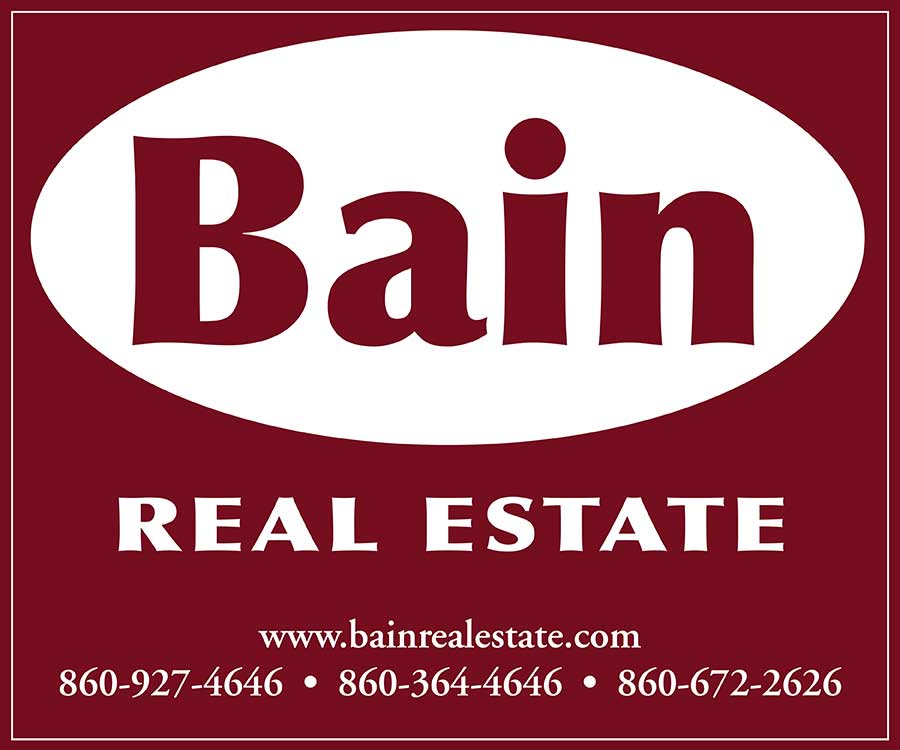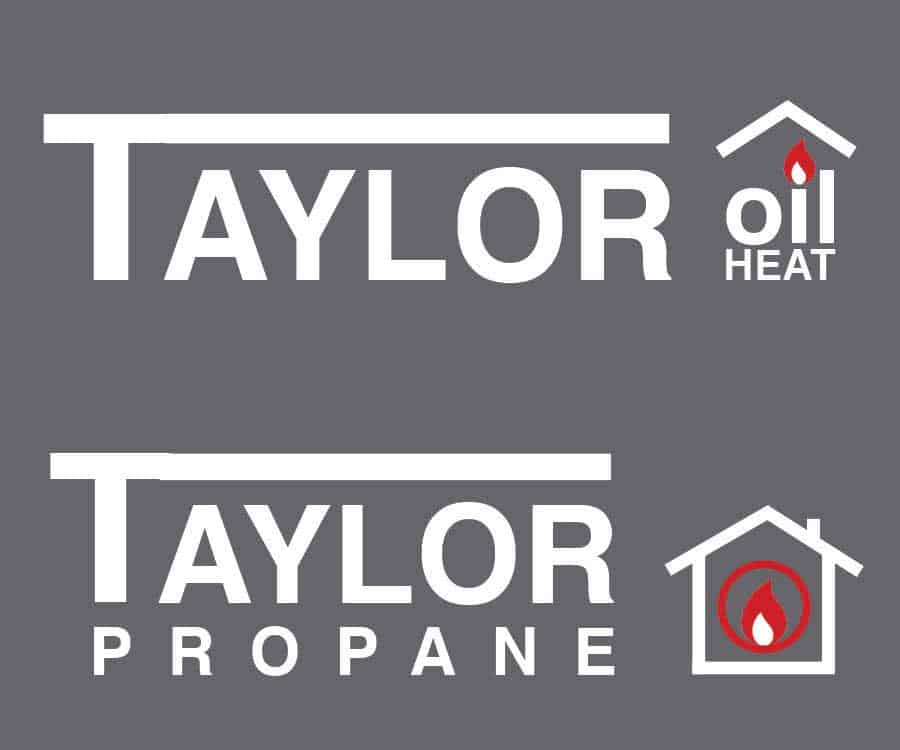Real Estate

You Get Everything
Even though the residential real estate market everywhere is booming with record low inventory, commercial real estate prices and activity remain sluggish. We wondered how to go about selling your real estate if it’s attached to your small business. One local entrepreneur explained, “I didn’t get much for the business, but I did really well on the real estate.” Many thanks to Leslie Farhangi who wants to sell her vodka brand, Three Meadows and a Pony, who suggested this month’s theme for our real estate column. If your business does not have associated real estate, using a real estate broker wouldn’t be advisable but the rest of this information will be useful.
The challenge
Small businesses with or without associated real estate are not easy to sell. Owners worry that publicly trying to sell might adversely affect their customers, their vendors and their employees. Some owners decide to just close up shop when their lease is up or, if they own the real estate, sell their inventory and list the property for sale as Lou Saperstein did with his eponymously named, iconic store in Millerton, NY, or Gilmor Glass when it closed its glass works and sold the brick building. Tony Blair of Stone House Real Estate in Great Barrington, MA, estimates that only 20% of commercial real estate is sold with the business included. In his experience potential buyers look at the condition and location of the building as well as the historic and projected financials associated with the business. Typically, real estate brokers, lawyers, appraisers, and accountants work together to figure out the details of a sale.
Basics before selling
 Think ahead if you want to sell your business. Examine your own motives for the sale. Do any family members want to take it over? Has anyone you know expressed an interest in buying your business? Are there any competitors that might be interested? Do you have a key employee who knows the business? Do you want to stay on in any capacity if you sell? Are you willing to help finance the purchase of the business? How important is it to you to have the business continue and retain its identity?
Think ahead if you want to sell your business. Examine your own motives for the sale. Do any family members want to take it over? Has anyone you know expressed an interest in buying your business? Are there any competitors that might be interested? Do you have a key employee who knows the business? Do you want to stay on in any capacity if you sell? Are you willing to help finance the purchase of the business? How important is it to you to have the business continue and retain its identity?
Next anticipate the questions any buyer or business intermediary, whether real estate broker or business broker, will ask. Be able to explain why you are selling the business and whether you will stay on to help the new buyer – or not. Sit down and honestly quantify what you are taking out of the business – salary, personal expenses, entertaining, travel, etc. and determine the cash flow any new owner would be buying. Think about the most valuable resources of your business. Trained employees, increasing revenues, high customer retention, brand name, reputation in the community, vendor relationships, excellent location, leasehold improvements, high margins, technology, etc. are all important. These will be your key selling points. Be sure that your tax returns and your financials are in order and that all employees are on the books. Try to promote the success of your business through advertising, your website, and social media clout and mentions. It’s always a good idea to sell when your business is doing well.
Employee buyer
It’s best to plan far in advance – years ahead – if you plan on selling your business to a capable employee. And, depending on the business, it’s likely that the owner will have to finance a good part of the transfer. In Main Street’s August 2013 issue, we asked Roger Elwood, “What’s on the horizon for Sharon Auto Body?” He responded, “When I decide to leave the business, one of my trusted employees will take it over.” Later that same year Jim Young, who joined Sharon Auto Body in 1988, purchased the business from his boss. They had been talking about it for years and Elwood financed the sale. “I just send him a check. That’s how these things work. No bank is interested in financing this kind of sale.” Key to the transaction was the help of Young’s accountant and attorney. Nothing has really changed in the business. “When I get ready to retire, I’ll probably do the same thing.”
Sell to the competition
At the height of Covid, garden enthusiasm soared in 2020, and Hoffman Landscaping of Wilton, CT, announced the acquisition of Kent Greenhouse & Gardens. Hoffman, with over 160 employees, had been growing at 15% a year and was looking for geographic expansion into Litchfield County. Bruce Bennett, who built the Kent business with his wife Debbie, was becoming overwhelmed with the growing success of their business and called Mike Hoffman with a proposition according to an interview in Litchfield County Times. “I told him that I had two things: my people went with the business and that he would maintain the Kent Greenhouse name – at least for a while. He agreed to both and that sealed the deal.”
“I’ve spent my entire career saying I wouldn’t do retail,” said Hoffman. “But then I met the people at Kent, saw the business and the traffic. Now I can’t begin to tell you how excited I am about retail. Their operation is amazing.” For background on Kent Greenhouse see Main Street’s interview with Bruce and Debbie Bennet in our December 2014 back issue.
Get the word out – quietly
Sometimes business owners get lucky and receive an unsolicited offer they can’t refuse, but usually that doesn’t happen – unless you’re a real estate broker. In the last few years, strong local brokers have been purchased by national, public players – Paula Redmond to Corcoran, Guernsey to Compass, and Best & Cavallaro to William Pitt Sotheby’s.
More typically savvy business owners assess the value of their real estate, inventory, cash flow and brand, and then network confidentially with trusted influencers about their desire to sell. This network could include important clients, valued vendors, and trusted real estate and business professionals. One high profile regional business has created a confidential website which elegantly tells their story. This approach gives the owner ultimate flexibility in selecting a buyer, and pricing without listing with a business broker or publicly announcing a sale on the multiple listing service. Selling a business with real estate confidentially requires patience and sophistication and works best for successful, profitable businesses that are still too small to engage the active interest of a New York investment bank.
Let everybody know
The White Hart Inn in Salisbury, CT, is a high-profile example of the patience required to sell a business that involves real estate even when it’s public knowledge. The venerable inn had undergone a $6 million makeover into a glamorous destination with 16 luxury suites and, after reopening briefly to public criticism, it was closed and put up for sale without management or employees. The inn was initially listed at $5,000,000 in late 2010 by Pat Best of Best & Cavallaro and the asking price was gradually reduced to $3,900,000 by 2013. After much spreadsheet analysis of potential income and expenses, a group of local investors purchased the inn for $2,900,000 in 2014 based on the potential cash flow the inn might generate, and the importance of the inn’s survival to the community. Real estate records reveal that a value of $2,150,000 was attributed to the real estate itself with the remainder allocated to good will, leasehold improvements and furnishings.
The 500-seat Moviehouse in Millerton, NY, is another example of a sale of a business using a real estate broker. In this case Raj Kumar, a film enthusiast and a realtor with Select Sotheby’s in Hudson, NY, listed the property and found the right buyer. The business included the renovated theater, state-of-the-art equipment, a central Library Management System and satellites that help bring National Theater and the Met Opera live to local audiences. The staff was willing to stay and help continue to operate once Covid restrictions were lifted. Between Carol Sadlon (the owner) and Sotheby’s marketing the potential sale of the beloved Moviehouse received a lot of public and press attention. Oscar-winning directors, Broadway producers, and people who loved the Moviehouse expressed interest. Before financial details were shared, qualified parties signed confidential non-disclosure agreements. The property was listed on October 29, 2020 and sold at its listing price of $1,195,000 on February 19, 2021.
Using a business broker
The internet has changed selling your business and business brokers make active use of every site from Craig’s List to www.BizBuySell.com – the largest internet site for selling a business, with or without a real estate component. These sites are an excellent resource of information on selling or buying a business and include postings by sellers themselves and by business brokers. These brokers normally charge 10% to 15% of the sale price for assistance in selling your business, more than the 5% standard real estate brokerage fee. Visiting these internet sites is a good way to get a feel for what businesses are asking, the names of business brokers, and commercial real estate brokers who handle business sales. While not as public as a real estate listing, business brokers reach large audiences, and many retain their own data bases of potential buyers. Business brokers will focus on the cash flow that the business generates, rather than valuing the business, good will, and real estate separately. Depending on your business there are also industry sites and business brokers who focus on only one type of property. For example, bed and breakfasts, restaurants, and even airports have specialized intermediaries that are worth a look.
Christine Bates is a registered real estate agent with William Pitt Sotheby’s International Real Estate in New York and Connecticut. She has written monthly for Main Street Magazine since its very first issue.






